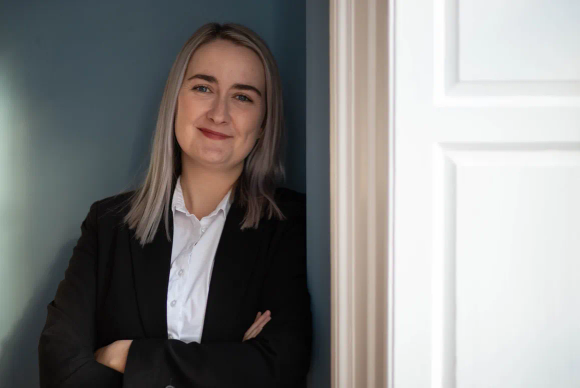A Public Law Outline (PLO) meeting is a formal legal meeting involving several key individuals. Each attendee plays a specific role in the process, and their involvement is crucial in determining the next steps for the child and their family.
Parents or Guardians
Parents or legal guardians are central to the PLO process. They are given an opportunity to:
- Respond to concerns raised by the local authority.
- Provide evidence that challenges or addresses those concerns.
- Engage in discussions about possible improvements to avoid court proceedings.
- Demonstrate willingness to work with social services to ensure their child’s safety.
Children’s Social Workers
Social workers from Children’s Services represent the local authority and are responsible for outlining:
- Why the PLO process has been initiated.
- The concerns they have regarding the child’s welfare.
- Any previous interventions, such as child protection plans.
- Possible solutions, including support services or action plans to address risks.
Local Authority Legal Representatives
The local authority’s legal team attends the meeting to:
- Provide legal advice to the social workers.
- Ensure the meeting follows legal guidelines.
- Explain the potential next steps, including the possibility of court proceedings.
- Advise on whether an action plan can be agreed upon.
Parents’ Solicitors
Having a solicitor at the PLO meeting is essential for parents. The solicitor:
- Protects the parent’s legal rights and ensures they are treated fairly.
- Challenges any unfair or inaccurate claims made by social services.
- Advises parents on how to respond to concerns.
- Negotiates with the local authority to avoid court proceedings where possible.
Parents are automatically eligible for free legal aid, meaning they can access a solicitor at no cost. Seeking legal representation significantly improves the chances of keeping the child at home.
What Happens in a PLO Meeting?
A PLO meeting follows a structured format, allowing social services, legal representatives, and parents to discuss concerns and explore ways to prevent the case from escalating to Family Court.
Social Services Outline Concerns and Propose an Action Plan
The meeting begins with Children’s Social Services explaining:
- The specific concerns about the child’s safety or welfare.
- Any previous support given to the family.
- Why the current situation has led to a PLO meeting.
- A proposed action plan aimed at addressing these concerns.
The local authority’s goal is to work with the family to find a resolution before seeking a Care Order from the court.
Parents and Solicitors Have an Opportunity to Respond and Provide Evidence
After social services have outlined their concerns, parents (or their solicitor) can respond by:
- Presenting evidence that disputes or clarifies allegations.
- Explaining any progress they have made to improve the child’s situation.
- Raising concerns about the local authority’s approach if they feel it is unfair or misrepresented.
Having a solicitor ensures that parents’ rights are protected and that they can effectively challenge incorrect or exaggerated claims made by social services.
Negotiation Takes Place to Find Solutions and Avoid Court Proceedings
The purpose of the PLO meeting is to prevent the case from going to court. Negotiations often involve:
- Discussing possible solutions to improve the child’s welfare.
- Exploring support services, such as parenting courses or therapy.
- Agreeing on specific actions the parents can take to address concerns.
If parents actively engage and social services believe the risks can be managed, a formal action plan may be agreed upon.
Agreement on Next Steps Is Reached (If Possible)
At the end of the meeting, the local authority will decide on the next course of action. Possible outcomes include:
Case Closed – If concerns have been addressed, the PLO process may be discontinued, and social services will take no further action.
Ongoing Monitoring – If progress has been made but concerns remain, the local authority may continue to monitor the situation for a set period.
Care Proceedings Begin – If the local authority is not satisfied that the child is safe, they may apply to Family Court for a Care Order, which could lead to the child being removed from the home.
The PLO meeting is the last opportunity to prevent care proceedings. Engaging fully, following legal advice, and demonstrating a commitment to improving the child’s welfare can greatly improve the chances of a positive outcome.








